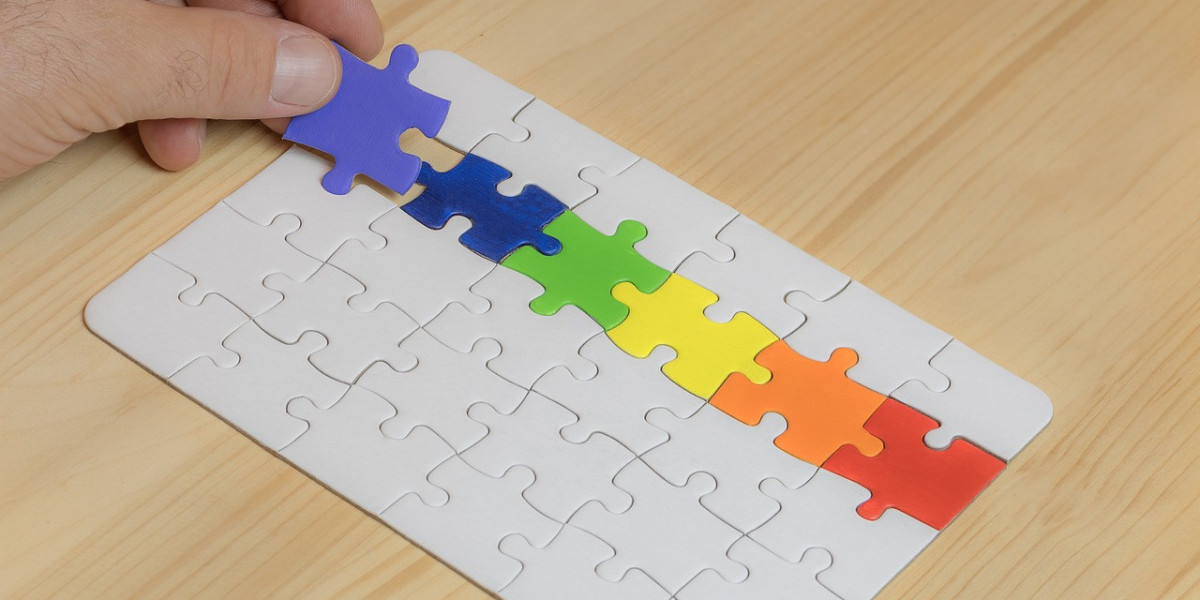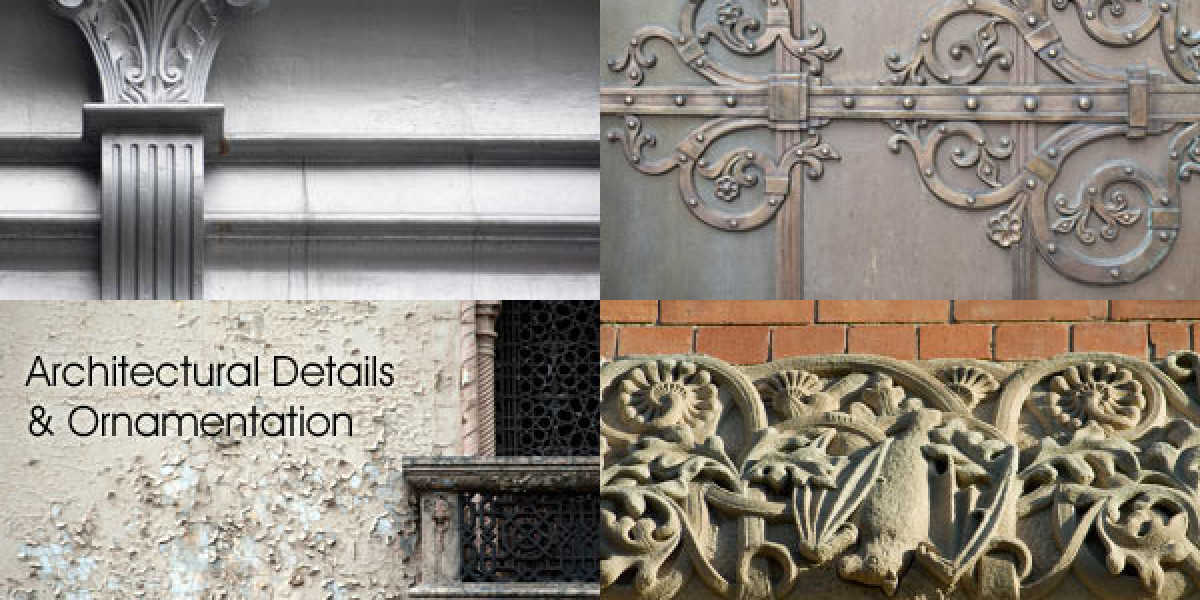In every culture, a name is more than a word—it is an identity, a hope, and a prayer. In Urdu-speaking and Islamic traditions, names hold sacred importance, often chosen with deep thought and spiritual intent. When exploring Boys Names Meaning in Urdu, one uncovers not just beautiful words, but a universe of faith, morality, and divine symbolism. Each name reflects values like courage, patience, and purity—qualities parents wish to see in their sons.
A boy’s name in Urdu is a connection between his faith and his identity. It’s a gentle reminder that life is guided by purpose and that words carry power.
The Spiritual Depth in Urdu Names
Urdu names are often drawn from the Quran, Islamic history, and Arabic or Persian roots, each infused with sacred resonance. These names are more than identifiers; they carry a spiritual vibration—a reminder of one’s connection to the Creator.
For example:
Ayaan (ایان): Meaning “gift of God,” symbolizes gratitude and divine blessing.
Hadi (هادی): Meaning “the guide,” reflects the path of righteousness and wisdom.
Rayyan (ریان): Refers to the gate of Paradise reserved for those who fast—symbolizing piety and reward.
Each of these Boys Names Meaning in Urdu reminds us that life has a higher calling, and that faith forms the foundation of a meaningful existence.
Names as Reflections of Divine Attributes
Many Urdu names for boys are derived from the Asma-ul-Husna—the 99 names of Allah—signifying divine qualities like mercy, strength, and wisdom. Naming a child Abdul Rahman (“servant of the Most Merciful”) or Abdul Hadi (“servant of the Guide”) reflects humility and devotion.
This naming tradition serves a dual purpose: to honor the divine and to inspire the child to live by the same virtues. Through Boys Names Meaning in Urdu, parents express not only their faith but also their aspirations for the child’s spiritual journey.
Faith and Family: Passing Down Spiritual Heritage
In Urdu-speaking families, naming is a heartfelt ritual. Elders, parents, and scholars often come together to choose a name that carries a blend of meaning, melody, and blessing. This practice ensures that each generation inherits not only a name but also the faith and values of their ancestors.
For example, a family might name their child Omar (symbolizing life and longevity) to honor both the legacy of the great Caliph Omar ibn al-Khattab (R.A) and the moral strength he embodied. In this way, Boys Names Meaning in Urdu act as a bridge between past and present—a living connection to spiritual history.
The Poetry of Urdu and the Beauty of Meaning
Urdu, often celebrated as the “language of the heart,” adds poetic richness to every name. Its graceful phonetics and layered meanings make names sound both spiritual and elegant.
Names like Arham (merciful), Zayan (graceful, beautiful), and Rehan (sweet fragrance) are not only melodious but also spiritually uplifting. The language itself enhances the emotional and moral beauty of Boys Names Meaning in Urdu, making them timeless and cherished across generations.
Names as Moral Anchors in a Changing World
In today’s fast-paced world, where traditions often fade into modern trends, names rooted in Urdu and faith remain timeless anchors. A meaningful Urdu name connects a child to his spiritual roots and moral compass.
For example:
Saad (سعد) symbolizes prosperity and good fortune.
Imran (عمران) represents strength and piety.
Hamza (حمزہ) embodies bravery and devotion.
Such Boys Names Meaning in Urdu serve as lifelong reminders of virtue and purpose. Every time a child hears his name, he is reminded of his heritage and the spiritual ideals it represents.
Faith Expressed Through Identity
The process of naming is not random—it’s a spiritual act. In Islam, the Prophet Muhammad (PBUH) encouraged believers to choose names with good meanings, as they influence character and destiny. Thus, Boys Names Meaning in Urdu are more than linguistic choices—they’re expressions of faith, love, and intention.
Each name becomes a quiet prayer for the child’s success in both worlds—a hope that he grows with humility, courage, and devotion.
Cultural Continuity and Modern Adaptation
Modern parents are finding creative ways to keep these traditions alive while choosing names that sound contemporary. Names like Zain, Aahil, Rayan, and Eshan beautifully blend heritage with modern appeal.
These names carry deep Name Meanings in Urdu yet are easy to pronounce globally, allowing the faith and culture behind them to reach wider audiences. The fusion of spirituality and modernity keeps Urdu names relevant and revered.
Conclusion: Names as Living Prayers
A name, when chosen with faith, becomes more than identity—it becomes destiny. The Boys Names Meaning in Urdu tradition reminds us that every name is a form of prayer, a message from parents to their children about who they are and what they can become.
Through these names, families pass down faith, love, and values—ensuring that every generation walks with purpose. Urdu names, rich in sound and soul, carry the echo of centuries, reminding us that words can shape lives and faith can be spoken through names.








